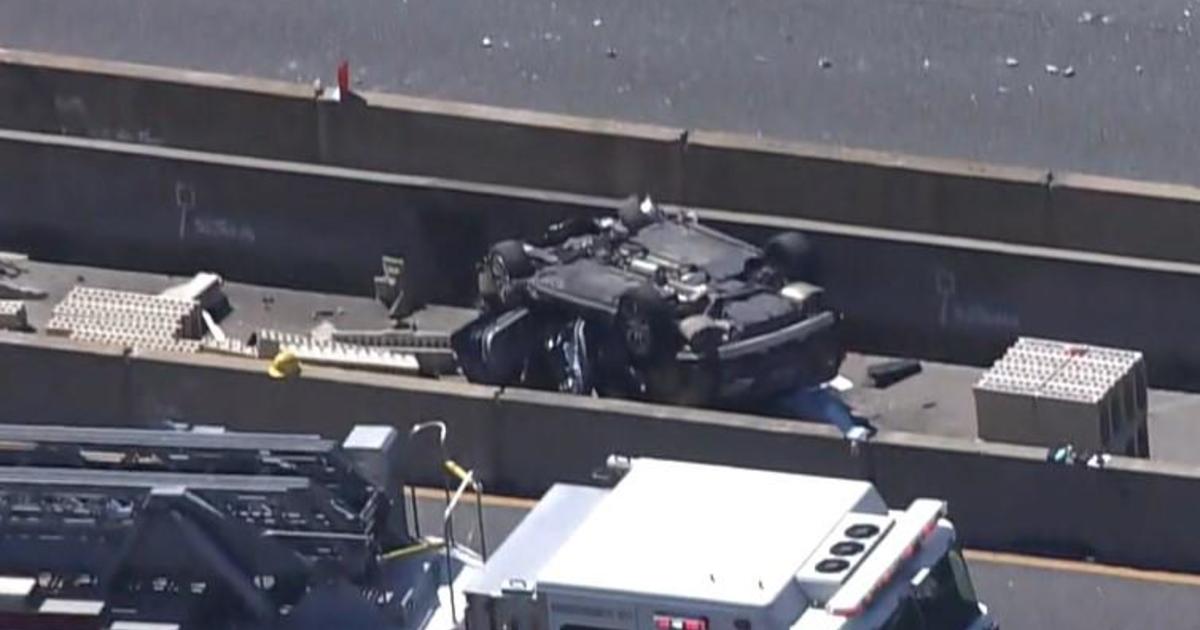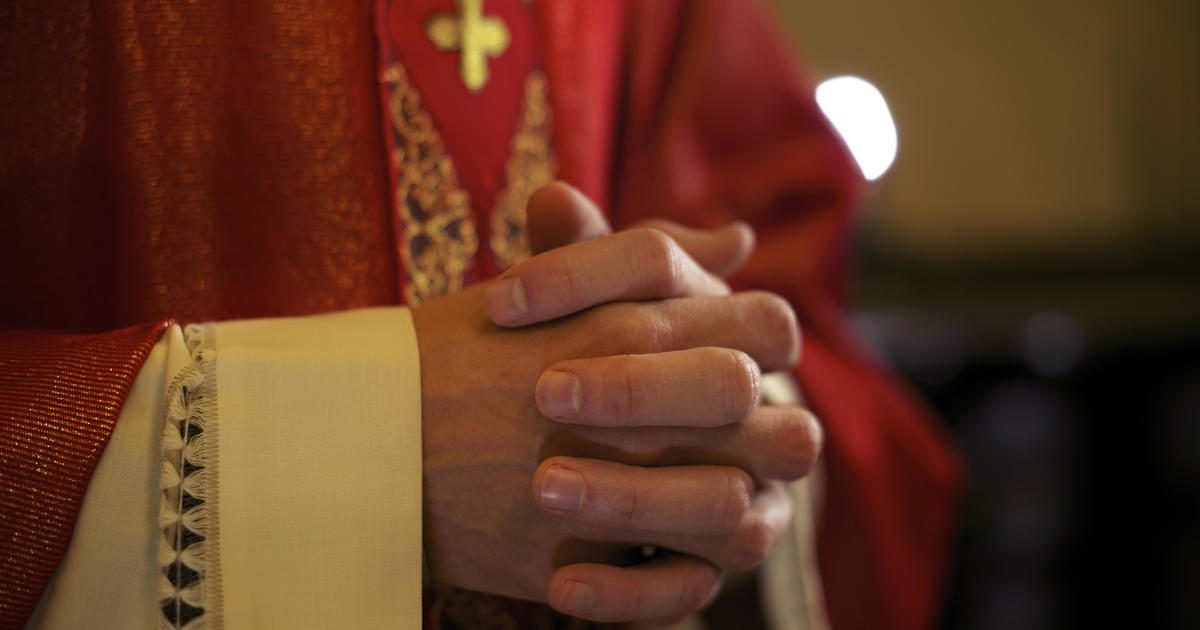Baltimore Hosts Vacant Housing Summit
BALTIMORE (AP) -- Mayor Stephanie Rawlings-Blake told hundreds of people worried about the city's 16,000 vacant homes that the empty houses pose one of the city's most pressing challenges.
Rawlings-Blake hosted a summit Thursday to build interest in a six-point strategy for attacking the blight dubbed "Vacants to Value."
Organizers initially planned for 150 people, but had to move the event to the convention center as the list of attendees grew to nearly 700 people. The summit included sessions on how to buy city-owned property and how the process has been updated in recent years. Attendees also had a chance to discuss what progress will look like and propose their own ideas.
Neighborhoods with vacant houses face a constant battle with a host of problems ranging from rodents, fire and maintenance problems for adjacent homes to drugs and prostitution.
"It fosters an environment where people can do bad things," said Kelly Little, executive director of Baltimore's nonprofit Druid Heights Community Development Corporation. "It presents all kinds of issues when you try to bring new people into the community. If they see a vacant house it really sends a message."
Simply demolishing vacant houses would be too costly and very tricky in a rowhouse-heavy city where there can be a mix of vacant and occupied homes in one block. Housing Commissioner Paul Graziano estimates that demolishing about 10,000 vacant homes could cost $300 million.
Instead, Vacants to Value will attempt to streamline the sale of the more than 4,200 vacant homes owned by the city, boost investment in targeted markets, step up code enforcement and offer incentives for homebuyers and developers, including a new $5,000 forgivable loan program for city police officers, firefighters and teachers who purchase or rehabilitate vacant homes. It also includes tax credit programs that can save homeowners up to 60 percent off their property taxes over five years.
Rolling out this initiative while the housing market recovers may help, said Julie Day, deputy housing commissioner for land resources.
"We are laying the groundwork so when the market does turn we're in a good position to take advantage of it," she said.
City leaders, including the mayor, are taking a realistic approach, acknowledging that much of the vacant housing could become gardens or community centers instead of homes, and focusing money on areas where there is some market demand instead of spreading it around to all areas of the city. Part of that is accepting that there are different markets in the city, said Michael Braverman, deputy commissioner for permits and code enforcement.
"A broad-brush approach is not what is going to be the best solution for Baltimore," he said.
With a strong downtown surrounded by rebounding neighborhoods, Baltimore's vacant housing situation is not as bad as it is in old industrial cities like Detroit, according to Allan Mallach, a senior fellow with the Center for Community Progress, a nonprofit focused on the reuse of vacant housing.
"There's a lot of energy and opportunity here," Mallach said. "Baltimore has done a lot of creative things in the last decade. It hasn't been in denial."
Click here for more information.
(Copyright 2011 by The Associated Press. All Rights Reserved.)



